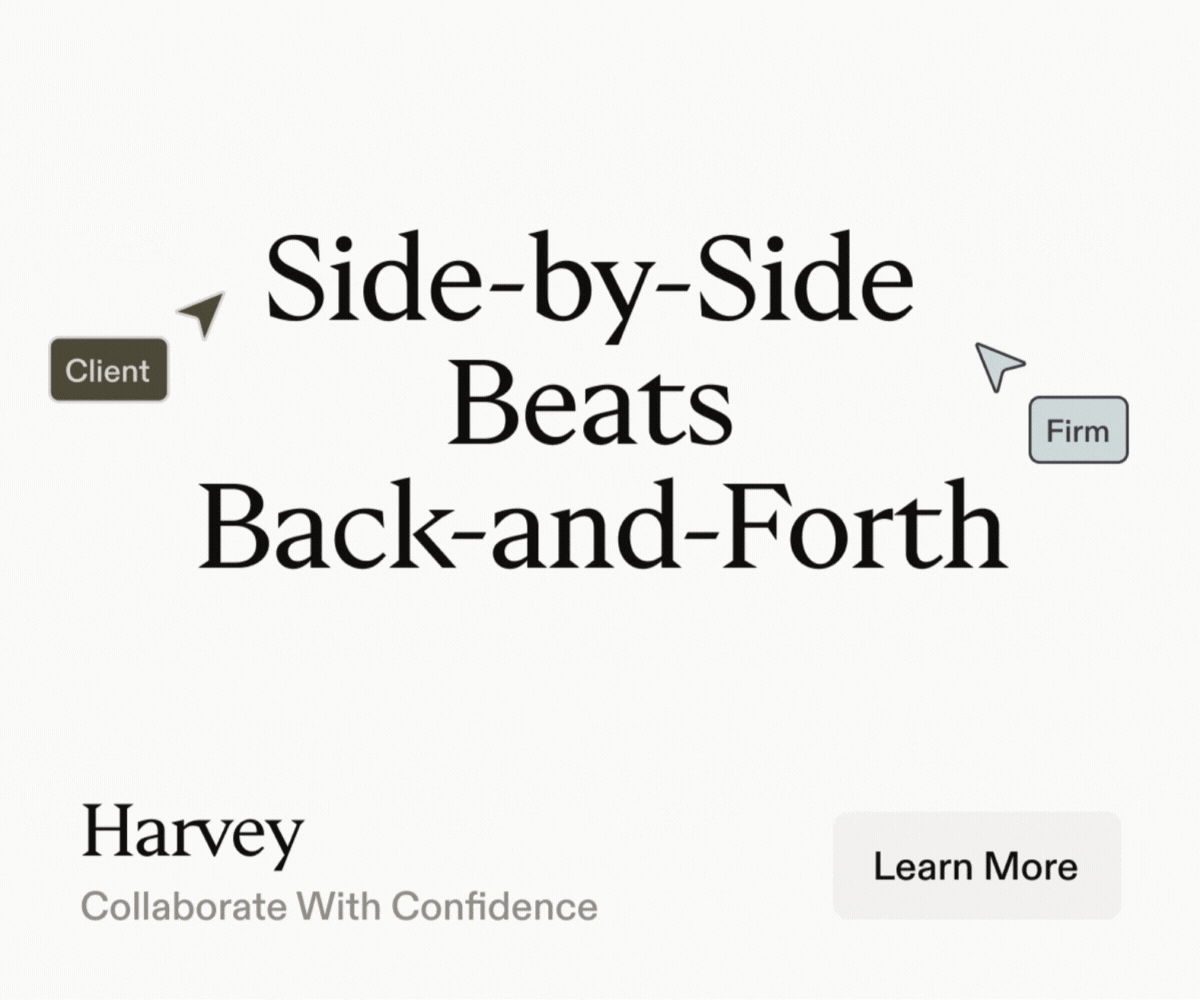HBR Consulting: We need intel – Recap of AALL’s Competitive Intelligence Foundations training
I recently had the privilege of attending the American Association of Law Libraries (AALL) 2021 Virtual Competitive Intelligence Foundations training. Special thanks to the Private Law Librarians and Information Professionals (PLLIP) Grants Committee for sponsoring my attendance to this informative event.
The two-day training educated attendees on the skills needed to effectively establish a competitive intelligence (CI) function in their firm. Presenters also shared practical tips and tricks for leveraging competitive analysis for enhanced marketing, client management, and other firm strategic initiatives.
Facilitator Patricia Ellard kicked off day one with a healthy dose of enthusiasm and motivation. “Confidence is key!” were her words of encouragement to new and experienced CI professionals gathered on Zoom to learn all they could about the ever-evolving Competitive Intelligence function within a law firm.
The importance of “value adding” was a key theme throughout the event. A panel discussion with Business Development (BD) and CI specialists Barbara Malin, Emily Rushing, and Samantha Callahan reinforced that CI is not an “information collection” activity and that “data on its own is never intelligence”. What turns a “data dump” into CI is “connecting the dots” and pointing out both the risks and the opportunities for the client.
Thought leaders provided not only tips and tricks for success in CI but also lists of favourite tools, websites, and books they used to advance their CI position within their firm. Juli Stahl offered a tip on day two that resonated with me: “Know your resources and figure out how to squeeze every last drop of blood out of them.” This includes reaching out to vendors to ask if they have the data you need, or if they can show you how to utilise their product more efficiently.
What became increasingly clear by the end of day two is that from start to finish communication is paramount in CI. Communicating expectations around what you can deliver within a given timeframe will help with project management, and will educate the client as to the types of intelligence you can provide. Equally important is communicating with the requestor to build context around the request. This process, often called the reference interview, is a means of gathering information on the why, where, when, and what.
Communication also comes in the form of branding. Providing a consistent result format to your business partners can prove to be very beneficial. Attorneys will know what to expect from the CI reports you provide and where to find the most important information (typically in bullet format on page one).
The course wrapped up with an engaging Q&A session bringing back day one speakers and giving attendees the opportunity to ask questions or clarify areas where they needed additional advice. The experts left us with the following key takeaways:
- Develop contacts and find a “champion”–someone to speak up about your CI abilities to others.
- Search like you know the answer is there….at the same time know when to stop searching.
- It will be slow at first…don’t give up.
- Be ready to pivot at any moment.
- Familiarise yourself with all the data available to you (internal and external).
- Provide actionable analysis and not just “data dumping”.



